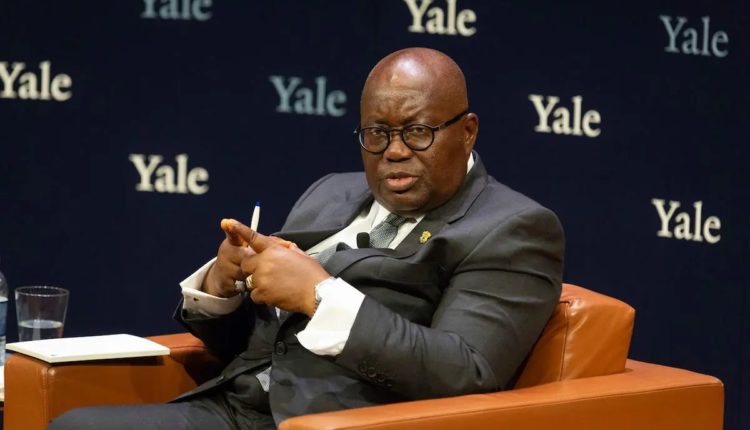The 2021 Country Reports on Human Rights Practices, submitted by the U.S. Department of State to the U.S. Congress has painted a rather scary and jaw-dropping gloomy picture of Ghana in a way that has raised eyebrows across the country.
The worrisome report suggested Ghana has gross human right abuse cases including state sponsored murder, a corrupt judiciary and a corrupt security service during the year under review.
It opened section one by saying Ghana has no respect for human life and there were politically motivated and state-sponsored killings during the year under review:
“There were a few reports that the government or its agents committed arbitrary or unlawful killings. Offices charged with investigating security force killings include the Special Investigations Branch of the Ghana Armed Forces and the Police Professional Standards Bureau.
“On June 26, unidentified perpetrators beat #FixTheCountry movement supporter and social activist Ibrahim “Kaaka” Muhammed in Ejura, Ashanti Region. On June 28, he died in the hospital from his injuries. Muhammed, who was also a member of the Economic Fighters League (EFL), was a vocal anticorruption activist, and #FixThe Country had protested against restrictions on freedom of assembly (see section 2.b., Freedom of Assembly). EFL reported that Muhammed had received threats due to his activism, and police had warned him prior to his beating and death against disturbing the peace. An investigation into Muhammed’s death continued. On June 29, during protests in the wake of his death, security forces shot and killed two persons (see section 2.b., Freedom of Assembly).”
The report said, in Ghana, prison conditions were generally harsh and sometimes life threatening due to overcrowding, inadequate sanitary conditions, lack of medical care, physical abuse, and food shortages.
DENIAL OF FAIR PUBLIC TRIAL
The report said although Ghana’s constitution provide for an independent judiciary, the judiciary was subject to unlawful influence and corruption. Judicial officials reportedly accepted bribes to expedite or postpone cases, “lose” records, or issue favorable rulings for the payer of the bribe.
“A judicial complaints unit within the Ministry of Justice headed by a retired Supreme Court justice addressed complaints from the public, such as unfair treatment by a court or judge, unlawful arrest or detention, missing trial dockets, delayed trials and rendering of judgments, and bribery of judges”, it added.
Under Section 4, the report spoke about corruption and lack of transparency in Government.
It said the law provides criminal penalties for corruption by government officials, but the government did not implement the law effectively, and officials frequently engaged in corrupt practices with impunity.
“There were numerous reports of government corruption. Corruption was present in all branches of government, according to media and NGOs, including recruitment into the security services. Since the first special prosecutor took office in 2018, no corruption case undertaken by that office resulted in a conviction. When the new special prosecutor took office in August, his staff included one investigator and one prosecutor, both seconded from other offices.”
The report looked at all countries receiving assistance from the United States and all United Nations member states.


Comments are closed.